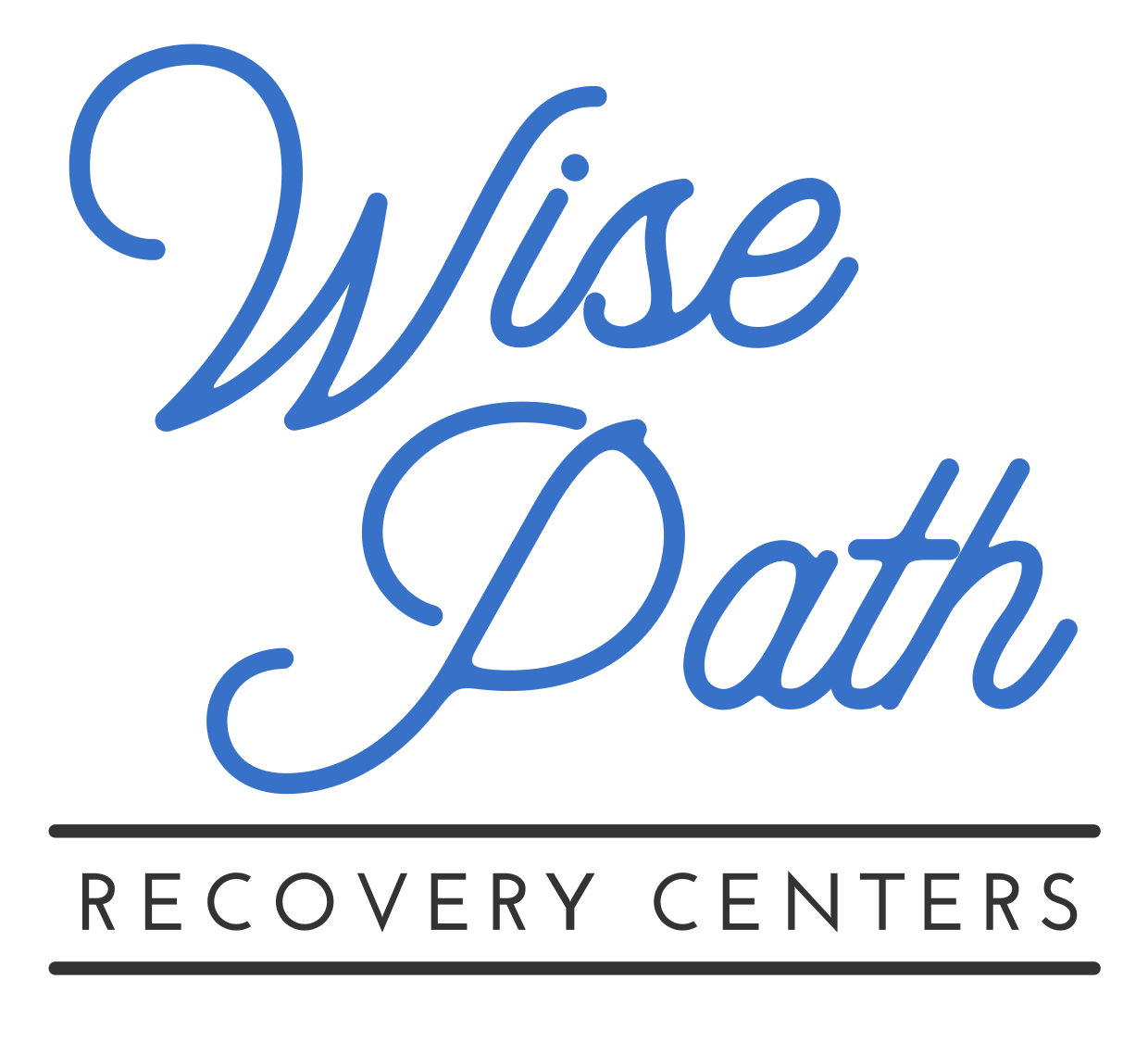Wise Path Recovery Centers ™
BIPOLAR DISORDER TREATMENT IN WEST VIRGINIA
What Is Bipolar Disorder?
A Bipolar disorder is a mental health condition that affects millions of people worldwide. It is a condition that is characterized by extreme mood swings, ranging from manic highs to depressive lows. These mood swings can be severe enough to disrupt a person’s daily life and can lead to problems with work, school, and personal relationships.
Bipolar symptoms can vary widely between individuals, but generally fall into two main categories: manic episodes and depressive episodes.
It’s important to note that not everyone with bipolar disorder will experience both manic and depressive episodes. Some individuals may have only manic episodes (bipolar I disorder), while others may have hypomanic episodes (milder forms of mania) and depressive episodes (bipolar II disorder).
At Wise Path Recovery Centers™, we believe that in order to treat addiction in a comprehensive manner, we must also treat any co-occurring mental health disorders that may be present. We offer a wide range of treatment options depending on the needs of each individual patient.

Signs of Bipolar Disorder
Bipolar disorder is marked by extreme mood swings that include episodes of mania and depression. During manic phases, individuals may feel euphoric, energetic, or impulsive, while depressive episodes bring deep sadness, fatigue, and hopelessness. Changes in sleep patterns, difficulty concentrating, and engaging in risky behavior are also common signs. Symptoms can vary in intensity and duration, making professional diagnosis and treatment essential.
Benefits of Treatment for Bipolar Disorder
Our highly effective bipolar disorder treatment in West Virginia helps stabilize mood swings and reduces the severity of episodes. Therapy provides coping strategies, while medication can regulate brain chemistry to prevent extreme highs and lows. With proper treatment, individuals can improve relationships, maintain daily responsibilities, and enhance overall well-being. Long-term management allows people with bipolar disorder to lead fulfilling, productive lives.
What Is the Connection Between Bipolar Disorder & SUD?
SAMHSA shares that anywhere from 30 percent to more than 50 percent of people with these disorders (bipolar I or bipolar II) will develop a substance use disorder (SUD) sometime during their lives.
Both mental health conditions can be treated at our Recovery Centers, but it’s essential to understand the connection between them.
Since this is classified as a mood disorder that causes severe shifts in mood, a person with bipolar disorder may cope with these symptoms by self-medicating with drugs or alcohol because they believe that it will help them “balance” their moods. This not only increases the risk for addiction but also increases the risk for suicide attempts, as substance use can trigger manic or depressive episodes.

How Do We Treat Bipolar Disorder?
At Wise Path Recovery Centers™, we have the tools, resources, and expertise to help you on your path towards recovery. Our team of licensed professionals will work with you to design an individualized treatment plan that may include:
Detoxification
Medication Management
Individual Therapy
Group Therapy
These treatment services are offered on either an inpatient and outpatient basis, through our programs such as Residential, Intensive Outpatient (IOP) and Outpatient (OP). We also offer Sober Living housing.
View Our Locations
We currently offer inpatient treatment programs in Morgantown, WV, as well as outpatient programs in Charleston and Morgantown, WV. We also have sober living homes in Columbus, IN. Give us a call at 866-860-9772 to get pre-screened and assessed for the treatment program that will best meet your needs.
We Accept Most Major Insurance Carriers
Once you’ve submitted the verification form, feel free to contact us if you have any questions about insurance or payment options for bipolar disorder treatment in West Virginia. Our team is here to assist you and ensure you have the information you need for a smooth admissions process.









FAQs About Bipolar Disorder
What does bipolar feel like?
Bipolar disorder feels like intense mood swings, ranging from extreme energy and euphoria to deep sadness and exhaustion. These shifts can be overwhelming and unpredictable.
What is it like living with a bipolar person?
Living with someone who has bipolar disorder can be challenging due to mood swings, impulsivity, or withdrawal. Support, patience, and proper treatment can help maintain stability in relationships.
What is having bipolar 2 like?
Bipolar 2 involves episodes of depression and hypomania, which is a milder form of mania. While hypomania may bring increased energy, it doesn’t cause the severe disruptions seen in full mania.
What is the difference between bipolar 1 and 2?
Bipolar 1 includes full manic episodes that may require hospitalization, while bipolar 2 involves hypomanic episodes that are less severe but paired with major depression. Both require treatment to manage symptoms effectively.
Can bipolar disorder be treated?
Yes, bipolar disorder is treatable with a combination of medication, therapy, and lifestyle changes. Treatment helps stabilize mood swings and improve overall well-being. Our bipolar disorder treatment in West Virginia provides a continuum of care, ranging from residential to intensive outpatient and outpatient. Our services include detox, medication management, and individual and group therapy.
What triggers bipolar episodes?
Triggers can include stress, lack of sleep, substance use, or changes in routine. Identifying and managing triggers is key to preventing mood episodes.
Can someone with bipolar live a normal life?
Yes, with proper treatment and support, many people with bipolar disorder live fulfilling and productive lives. Managing symptoms with therapy, medication, and self-care is essential.
Is bipolar disorder hereditary?
Bipolar disorder has a genetic component, meaning it can run in families. However, environmental factors also play a significant role in its development.
How is bipolar disorder diagnosed?
A mental health professional diagnoses bipolar disorder through clinical evaluation, symptom history, and sometimes mood-tracking tools. There is no single test, but assessments help determine the right diagnosis.
Does bipolar get worse with age?
Without treatment, bipolar disorder can become more severe over time. However, with proper management, many people experience long-term stability and improved quality of life.
